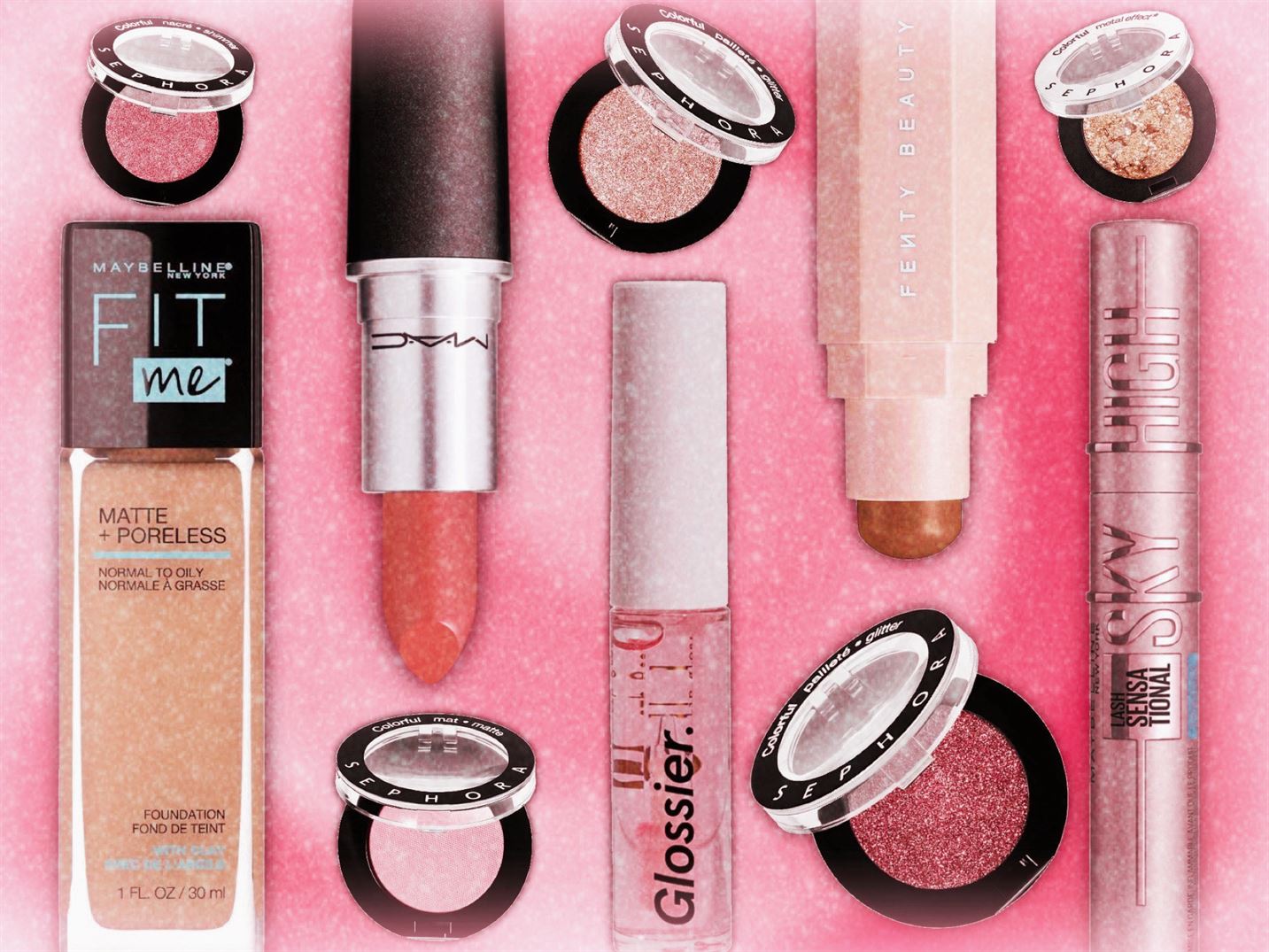Makeup is a drug. A drug sold by companies in a 380-billion-dollar industry who have particularly strong interests in things staying just how they are.
There is no other product that makes us so self-conscious without it and self-confident with it.
How do you know what you look like? A mirror, sure — but how do you know if you’re pretty or handsome? Does the mirror or your phone or the reflection in a glass pane whisper back to you? No of course not. But you look at other people. You study them.
Isn’t that eyeliner just so cute? Look at the way it shapes their eyes! That contour just completes your nose.
We all do it, we create the structure we use to judge others and ourselves.
Imagine someone ugly. Why are they ugly? Would you compliment a hideous person on what you find ugly about them? Maybe if you’re feeling generous. But you’re much more likely to compliment a pretty person on what you find pretty.
Our societal tango of giving or withholding compliments creates uniformity. Like training a dog by holding the treats. We train each other with treats and sometimes insults to keep the worst offenders in line.
We do it so much that by the time we’re picking our own clothes we’re already towing the beauty line. Unless you’re a middle school boy, the compliments and insults don’t quite get to them until high school.
The gender gap between male and female self-confidence is incredible. Though not entirely surprising. Clearly, our standards of beauty have something to do with it.
Imagine if we woke up tomorrow and were completely content with our faces. Would we wear that concealer? Do we need that blush? No of course not. We wear them because it looks good.
To be fair, we hang paintings on our walls because they look good. You wear that hat because it looks good.
That’s not the problem. Your paintings don’t follow you around, and that hat you wore for a day was yesterday. But you can’t remove your head. The best you can do is paint over your face or wear that hat. And we sure do. 78 percent of American women use an hour a day on their appearance. And when they don’t, only three percent say it makes them more attractive, and nearly half think it makes them less attractive.
Makeup companies are profiting off our self-consciousness. And we’re not helping.
Makeup puts people in impossible situations, wear too much and your leadership ability is challenged, wear too little and you’re ugly. Wear makeup, and you’re paid more — but your female coworkers will be jealous. The gender gap between male and female self-esteem makes much more sense when you see the absurd hoops makeup makes you jump through.
Though in some senses, we’re moving in a positive direction. “Foundation is Dead” proclaims The New York Times. Gone are the days of completely hiding your natural face. Next, we ought to kill concealer. But we shouldn’t be so hopeful, with the death of foundation comes the rise of ‘natural’ makeup.
It’s important to distinguish between “natural” makeup (or no-makeup makeup) and “artistic” makeup.
Artistic makeup is used to highlight certain features in a way that is clearly creative, like green eyeshadow or black lipstick. With a glance, it’s apparent you’re wearing it.
Natural makeup on the other hand obfuscates that, it distorts our perception of reality and what the natural person looks like. It’s this shifting in perspective that is dangerous.
This is why social media is so dangerous, everyone else is smiling and having fun, why are you such a loser? Like when celebrities share ‘candids,’ ostensibly to show off their real life, but produce often their most choreographed performances.
The activists have made their plea, this double standard must stop. We must not shame others for their looks or their body. No one lives the lavish lives celebrities do, touch grass. And in return companies have sicced their influencers back on us, this time a little more covertly. This time with a little less of the gaudy eyelashes but just the amount of blush that’s believable. Hey, why are yours so dull? You should buy some.
It’s hard not to be a cynic when no-makeup makeup is en vogue. And perhaps if we all were a little more we could see through this ploy. But we’re going to need another hippie revolution first.



